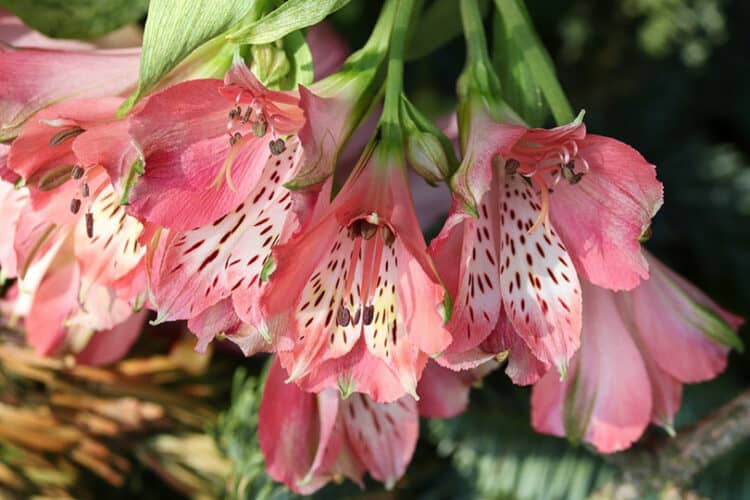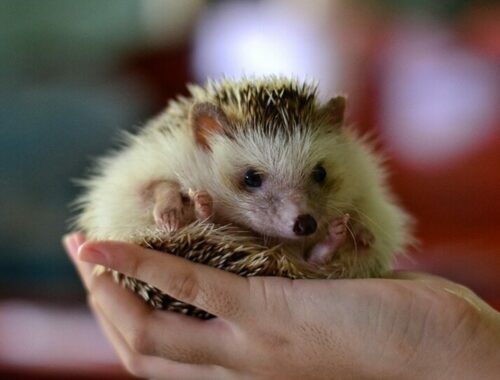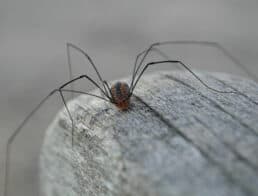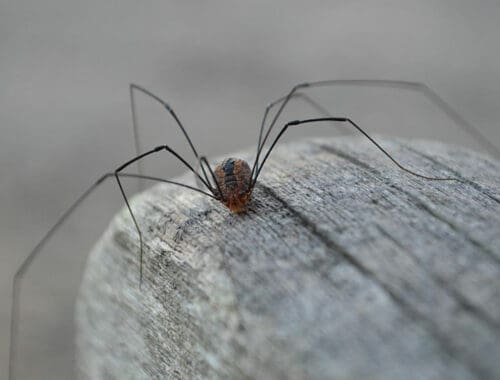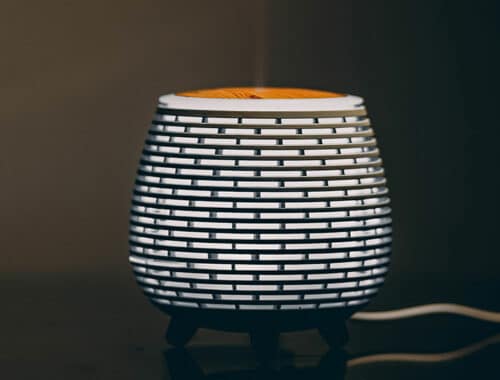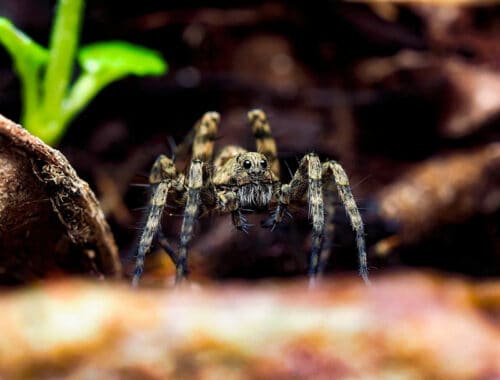The Peruvian Lily, also known as “Alstroemeria” or “Lily of the Incas” is native to the Andean Mountains. It’s a perennial plant that has yellow and orange blooms, which make it very physically inviting for cats and dogs, and other pets.
Most cat lovers know that both mature and young kittens are naturally curious and love to chew on vibrant greenery, which isn’t always good for them. And while it’s completely safe for cats to chew on many plant varieties, there are some that are downright toxic to them and should be avoided completely.
So, does this include the Alstroemeria plant? Are these toxic to cats? And if so, what do you do if your cat ingests it? Let’s discuss.
Are Alstroemeria Plants Toxic to Cats?
Yes, Alstroemeria plants, like many lilies, are toxic to cats. The plant contains a compound called tulipalin, which can be harmful if ingested by your cat. So, be sure to keep your furry friend away from the plant at all costs.
The good thing is that these lilies are actually way safer than other lily varieties when it comes to toxicity. Though they contain tulipalin, which is a toxin, the overall toxicity of the plant is on the low side.
What Happens If a Cat Eats Alstroemeria?
If your cat ingests any parts of a lily, it may cause immediate gastrointestinal irritation. Even a quick chew or slight lick of the plant may cause some irritation to the cat, whether it’s on the leaf or stem. Common side effects of tulipilan poisoning include vomiting, diarrhea, and nausea.
So, if you notice any immediate change in your cat’s behavior after it contacts the plant, you may want to take it to the nearest veterinarian or vet center. Note that if your cat ingests a considerable amount of the plant stems or leaves and is on the small side (or is just a kitten), the reaction may be more significant.
Your cat may develop a swollen tongue or start dry heaving. It’s also worth noting that these plants may be a bit irritating to humans as well. So, if you happen to remove the plant from your backyard or garden, be sure to wear gloves. It’s common for humans to develop skin rashes when handling these lilies, especially if they come in contact with the sap.
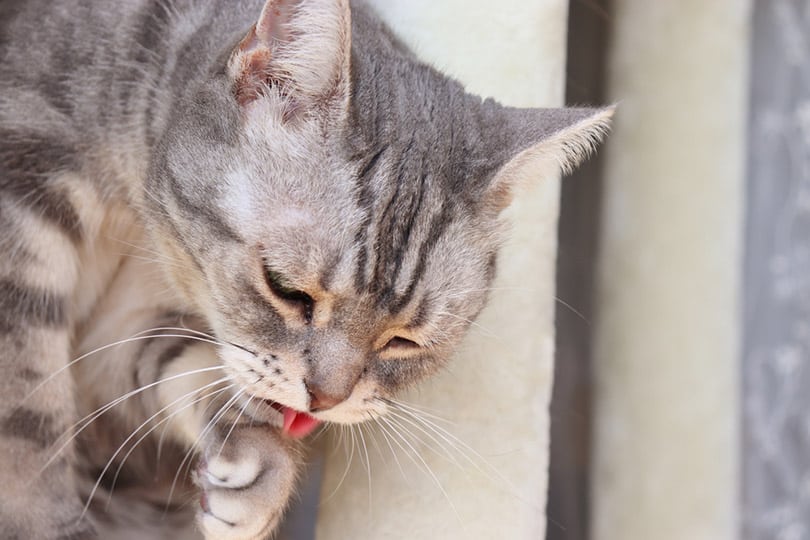
Steps To Take After Ingestion
It’s important to monitor your cat if you suspect that it’s consumed the plant, but you’ll also want to examine the plant itself for missing petals and leaves. And in some cases, your cat may have part of the plant stuck on its claw or its mouth, so be sure to examine it for this as well and remove any remnants of the lily.
In some cases, emergency veterinarian treatment may be necessary which will vary depending on the severity of the poisoning. However, time is always of the essence. It’s best not to delay taking your cat to the emergency room, as this can help to minimize any potential kidney damage from the lily.
For example, if treatment is delayed for even hours or days, it increases the possibility that your cat may experience kidney failure. Though in most cases, any damage will be fairly minimal, granted your cat doesn’t have any other serious health issues at the time.
If your cat happens to vomit before you go to the vet clinic, be sure to take a sample of it with you so that the vet can examine it for further analysis and advise on the best treatment.
Treatment for Cat Exposure
The treatment used for Alstroemeria poisoning will vary depending on the severity. Most likely vomiting will be induced to help the cat extricate as much poison as possible.
From there, the usual round of treatment consists of intravenous fluid for the next few hours or days in order to flush out the kidneys completely. The vet will usually keep a close eye on the cat to monitor its vital signs and any changes in its blood during this time.
Methods For Prevention
The best way to prevent your cat from being poisoned by Alstroemeria is to first avoid planting the flower in or around your home. And if you do choose to grow the plant in your garden, be sure to wear plastic gloves when handling it and wash your hands afterward and soapy water.
Also, be careful not to touch your clothes or other objects before touching the cat, as the compounds on the plant can transfer and cause irritation to the feline.
Wrapping Things Up
While the poisonous effects of the Alstroemeria are usually mild for cats, it’s best to prevent your cat from contacting the plant at any time. And if it does happen to touch or ingest any part of the plant, monitor your feline and take it to the nearest vet as soon as possible for treatment.
Featured Image Credit: Pixabay


